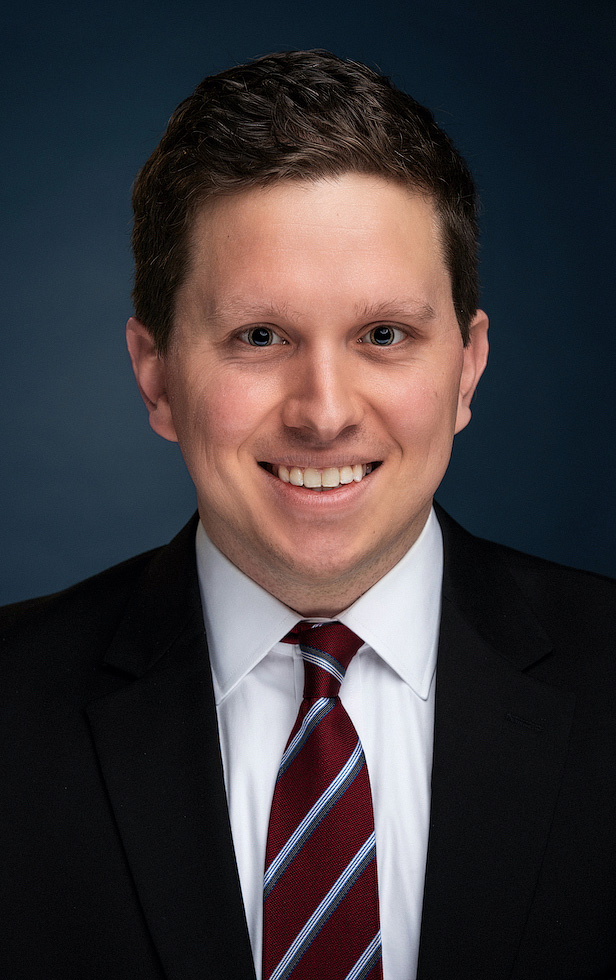The Archdiocese of Milwaukee and the Wisconsin Institute of Law and Liberty scored a major win for religious liberty on Thursday, July 14, when Jefferson County Circuit Court Judge William Hue ruled the Wisconsin Department of Corrections violated state law and the state constitution when the agency barred Catholic clergy from ministering in-person to the spiritual needs of inmates under a COVID-19 visitor policy.
“We were thrilled to see the ruling,” said Anthony LoCoco, deputy counsel for WILL. “This is a ruling that should please all Wisconsinites because ultimately this case is about the religious liberty rights of citizens throughout the state. As our state Supreme Court and the United States Supreme Court have made clear, those rights don’t go away, even in times of emergency. Unfortunately, the Department of Corrections forgot that. This ruling will go a long way toward ensuring these types of violations don’t occur in the future.”
WILL sued the Department of Corrections in May 2021 on behalf of the Archdiocese of Milwaukee, seeking to have the visitor policy invalidated. WILL had issued a letter on April 1, 2021, asking the DOC to reassess its policy.
“We did want to give them a chance to do the right thing and revisit the policy, short of litigation,” LoCoco said. “When it became clear they weren’t willing to do that, we filed the lawsuit.”
In his ruling, Judge Hue wrote, in part, “Religious interests (guaranteed by the Wisconsin Constitution) and the privilege to clergy (granted by the Wisconsin Legislature through statute) were not given consideration by (WIDOC) in denying them access to state correctional institutions for over 450 days. (WIDOC’s) acts in that regard were not tailored narrowly to meet competing state interests and (the Archdiocese’s) rights. They were not tailored at all.”
The DOC policy, in effect for more than a year, contained no exceptions for vaccinated clergy or instances where religious services could not be conducted virtually, yet WIDOC simultaneously granted institutional access to lawyers, public officials and members of the press, among many others.
On March 13, 2020, WIDOC announced that, “out of an abundance of caution,” in order to “minimize the risk of bringing COVID-19 (coronavirus) into facilities,” “visits, including volunteer visits, are temporarily suspended at all Department of Corrections Institutions.” For 450 days, Catholic clergy were forbidden from fulfilling their religious duty to meet in-person with inmates at Wisconsin’s correctional institutions; they could not administer sacraments or even meet in-person to provide counseling. At the same time, however, WIDOC granted in-person access to a host of other individuals ranging from lawyers to law enforcement to teachers to dog trainers.
The lawsuit alleged the WIDOC policy violated both state statute and the state constitutional guarantee to the free exercise of religion.
The ruling only applies to the Department of Corrections, but could have wide-ranging religious liberty implications going forward in the event of another emergency or public health threat.
“The principles the court applied apply broadly,” LoCoco said. “The government cannot discriminate against certain groups when it’s choosing what should remain open and what should remain closed without significant justification. The hope is, although the ruling technically doesn’t apply outside of the context of the policy, that it’s going to send a strong message to other government entities, that they’ll think twice before engaging in the kind of discriminatory behavior that occurred here.”
The Department of Corrections argued, according to LoCoco, that since priests were allowed back into prisons in June 2021 after a preliminary injunction, that the case was moot because most entities were getting back to pre-pandemic operations.
“This is about prospective relief,” LoCoco said. “By its nature, when an emergency or public health threat happens, it’s going to take some time to conclude litigation, so it was really essential, and the court agreed with us, that we get this ruling now so government entities have guidance the next time something like this happens.”

Anthony LoCoco
